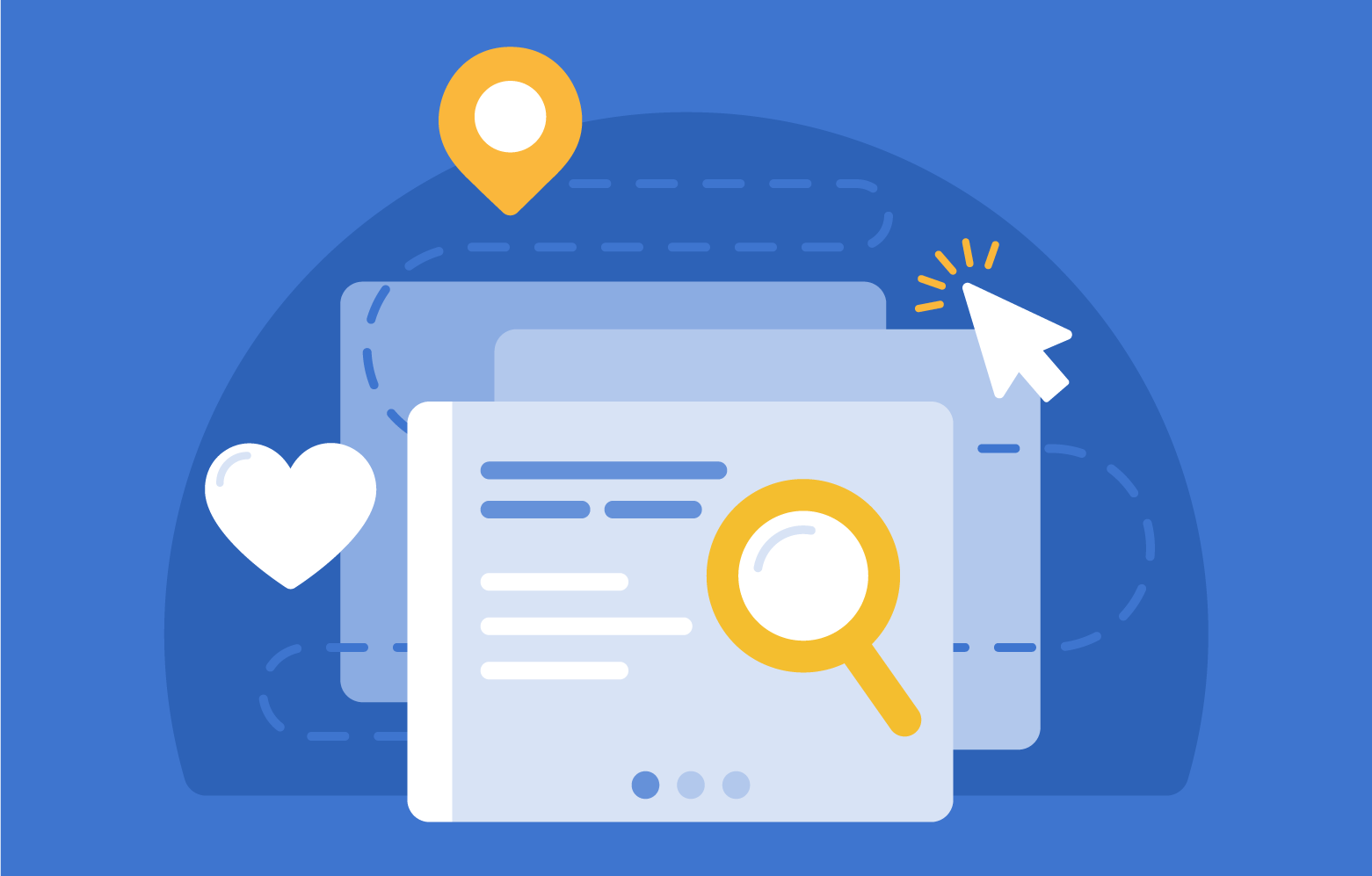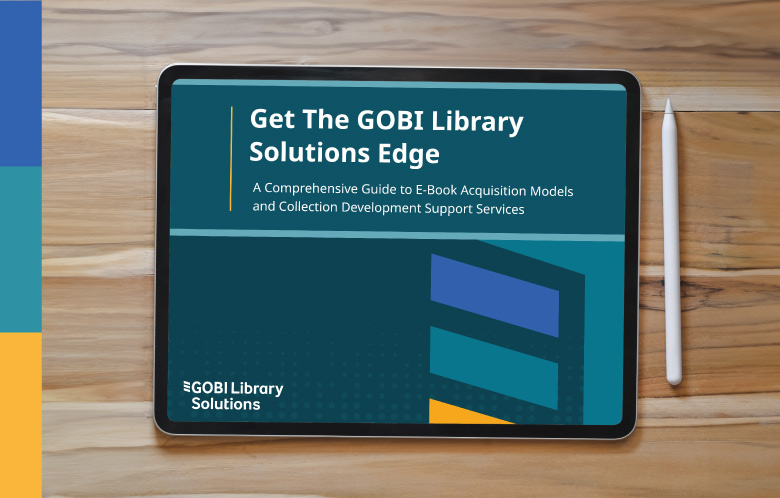Transcript | Download
GOBI eCollections: Optimize Your Library’s Investment in Electronic Content
Hello, my name is Laura Zusman Foss and I am a Senior Collection Development Manager with GOBI. I have been with GOBI since 2008 and work with libraries primarily in New England. E-book collections or eCollections offer libraries an opportunity to purchase a lot of perpetual e-book content at a much lower per-title cost than buying individual titles. eCollections are made up of a predefined group of titles, anywhere from a few hundred titles to tens of thousands that are purchased in perpetuity. That is, the library owns them forever from a particular publisher or on a particular platform. eCollections can be made up of many subjects or disciplines or a single subject area. The per title cost of an eCollection is typically dramatically less than if you were to buy each title individually and allows a library to acquire a large swath of quality titles at once. eCollections are typically DRM-free, meaning there are no use restrictions and patrons can download, print and copy from within the e-books. There are additional benefits to buying eCollections through GOBI. Your GOBI representative can help you identify relevant eCollections and reach out to the publisher on your behalf for pricing. And by buying a collection through GOBI, you are providing visibility into what is and is not in your collection to library staff via the GOBI interface, as well as benefiting from duplication control across all of your other GOBI purchases. You also have the option to purchase customized MARC records from GOBI for every title in the collection. Buying eCollections through GOBI allows for streamlined workflows that can be simpler than buying titles individually, especially if you are buying a lot from one or several publishers. And importantly, by going through GOBI, you get a universal view of all your eCollection activity. Everyone in your library with a GOBI login from acquisitions and collection development staff to selectors and liasons see the same information and don't have to try to remember which collections the library has purchased from which presses. It's important to remember that publishers generally do not put all of their titles into their eCollections, even complete frontlist collections. By purchasing any collection through GOBI, library staff are easily able to see what is not included. This can be as helpful as knowing what is included. Here is an example of what the eCollection history looks like on a title that is part of a perpetual access eCollection purchased by a library. This is the view your library's GOBI users would see. GOBI has offered eCollections for many years. To give an idea of the popularity of eCollections, we have processed over 4000 individual collections from nearly 300 libraries since just 2019. These range in size and cost from very small libraries to very large ARLs. Libraries have found them a great way to add a lot of quality content in a way that can be easier to manage than title-by-title purchasing. eCollections are offered from a variety of publishers and in both frontlist and backlist options. Here are the publishers which are offering frontlist collections in 2024. Some of these publishers also offer eCollections from presses without their own platforms, including university presses. Both De Gruyter and Oxford, for example, have multiple partner presses available as eCollections, including Harvard, Chicago, Columbia, NYU and many more top university presses. There are also many subject-specific eCollection options available to libraries from various publishers covering both front and backlist content. Here are just a very few examples. To explore options by platform, please visit the eCollections and EBA tab on the left hand side of the GOBI homepage or reach out to your GOBI representative. Each library is unique in their needs, of course, so we suggest evaluating your particular needs when considering an eCollection purchase. One of the best ways to do that is to look at what you're spending on title-by-title purchasing by publisher. Is there a publisher that you buy from more than others? They may be a good candidate for an eCollection. You can run reports in GOBI to get this kind of information or reach out to your GOBI representative. You can also look at platforms you and your patrons particularly like to see whether you may be able to acquire a lot of material on that platform via an eCollection. If you'd like more information or to purchase an eCollection through GOBI, you can certainly browse the eCollection and EBA tab on the GOBI homepage I mentioned earlier. That's a good starting point, but it is not comprehensive, so please reach out to your GOBI representative for more information or to explore the options available. Thank you for joining me today and please stay updated on all things GOBI by joining our GOBI 60 Second Update Newsletter. You can do so by accessing this address or doing a search on any browser for GOBI 60 Second, and it will take you to a page that will let you sign up for that easily. Thank you.


